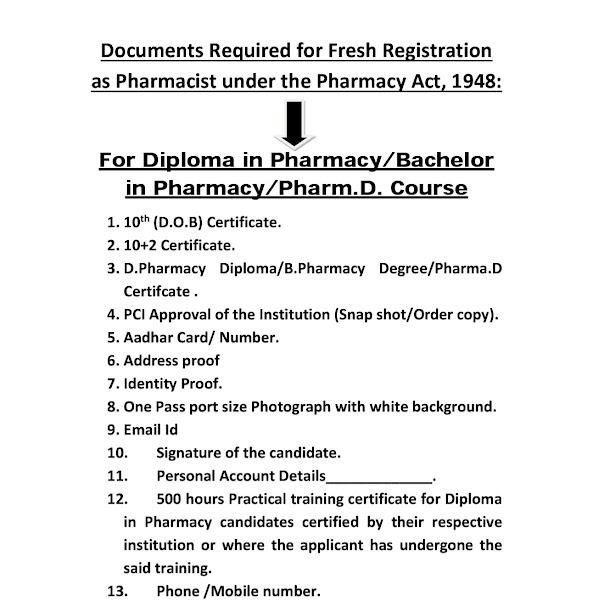How Top Students Learn this wave:-you can achive you are goal with tips
We all know someone who is outstandingly brilliant at learning.
They are the Stephen Hawking or Marissa Mayer of your class and you’re probably scratching your head wondering why you can’t do it too, am I right? Many students lose motivation when someone else is thriving and you feel as though you’re lagging behind. This is not uncommon but if you’re thinking their learning ability is simply due to good genetics, you’re wrong. It’s more likely that they are using better study strategies than you.
There’s a bunch of good habits for students high-achievers are already following that may surprise you. Follow these learning tips to take the lead! Top students learn by:
1. Creating a Study Plan
This seems like a complete no-brainer but top students never fail to properly plan their future success. If you are feeling over-whelmed with the amount of work you have on your plate, a clear and balanced study plan will boost your motivation when you tick a task as complete and reduce stress by focusing on one piece of the puzzle at a time. Check out ExamTime’s Study planner tool here.
2. Taking Study Breaks
Does this study tip surprise you? Many students think they can cram a lot of information into their heads by sitting down and learning straight for a few hours. However, your ability to learn reduces the more time you spend staring at your books. Use that break time wisely and take a walk to boost your brain activity further, here’s the proof:
3. Building Their Own Study Notes
Our philosophy has always been in support of active learning by encouraging students to build their own set of study notes using Mind Maps, Flashcards and other effective methods. Countless users have shared their success stories with us saying that creating their own online notes has helped them discover a unique way to learn and enabled them to maintain exceptional grades which illustrates how powerful active learning can be.
4. Getting Enough Sleep
Exhaustion is the enemy of the elite. Here’s why sleep is important; when you properly rest, your brain strengthens the knowledge you have learned during the day by assimilating information so the better you sleep, the better you learn. The relationship between sleeping and learning is often disregarded by busy students but those at the top know the importance of this essential element of the learning process.
5. Asking Questions
Instead of passively sitting in lectures absorbing what’s going on, have you noticed what the top performing students are doing? They are engaging in the learning experience by asking questions, striking up a conversation with the lecturer and getting involved in their learning. Of course, you don’t want to be the one to put your hand up but it doesn’t mean you should not question what you are studying. Always ask why, it’s a big question for a small word!
6. Testing Themselves Regularly
Cramming doesn’t even enter the mind of a top student. Reviewing material in regular bursts ensures that information is stored in the memory over the long-term, extending the learning experience beyond the test. Many top students use the spaced-repetition concept to optimise learning by systematically reviewing notes to embed knowledge in the brain. Creating practice quizzes is another way to regularly engage your mind.
7. Enhancing their Learning based on Mistakes
If you want to build good habits into your study routine, you should start at where you are right now. Take a look back at your recent marks and review where and why you missed the correct answer. Whether it’s a question they answered incorrectly in class or a grade from a pop quiz, top students always analyse their mistakes to build on their learning.
8. Practicing Under Test Conditions
The number one way high-achievers ensure they reach their target grades is by preparing for tests in the way that they will sit the real thing. This means a certain amount of dedication will need to be demonstrated by setting a timer, putting your books away and answering questions to put your brain to work. Online quizzes are an ideal way to easily create exam-like conditions and put your knowledge to the test.
9. Applying Learning to Real-life
Top students recognise that acquiring skills is critical for the challenges faced in life. Learning is not about studying for a test and getting good grades, it’s about understanding knowledge and what you can do with that knowledge. During the deeper learning process, students take ownership of their learning by applying core academic skills to real-life situations. Find out more about developing your deeper learning skills.
10. Following What They Love
Those students you admire are passionate about what they are learning. They have the drive to develop their learning further based on their love of what they are discovering. This may not always be the case and is often unavoidable but if you follow what interests you and cultivate a curiosity of this area, your motivation to learn will thrive.
11. Understand your Learning Style
Following the words of Tom Whitby, other experts widely support avoiding a ‘one size fits all’ formula.Understanding your learning style will stop you banging your head against the wall in frustration. Figuring out what works for you can switch that light bulb on over your head and make learning an easier and fun process.
12. Question Why You Are Taking Notes
Questioning the purpose of taking notes will help you process information better. Terry Heick is a former English teacher and the Director of the huge education blog Teach Thought. He explains why he encouraged his students to appreciate the importance of taking notes. “What I tried to impart more than anything else was the point of taking notes – understanding what you are documenting and why in each individual circumstance. This can inform what you record and how, rather than falling into mindless ‘strategies’ and techniques.”
13. Don’t Record Every Single Comment
 This is the most significant feedback we received from numerous experts in varying forms. The more you engage in the note-making process, the more you will understand the valuable nuggets of information you should record. There is no way that your wrist will be able to cope with every word your teacher or lecturer says, but there are note-taking techniques you can try.
This is the most significant feedback we received from numerous experts in varying forms. The more you engage in the note-making process, the more you will understand the valuable nuggets of information you should record. There is no way that your wrist will be able to cope with every word your teacher or lecturer says, but there are note-taking techniques you can try.14. Link your Notes to Your Syllabus
If your course requires lots of assignments and projects, you will already know that you need to reference all original sources of information you use. Take this a step further by linking the topic you are studying to your core syllabus. This will help you understand where each topic fits in the overall picture.
You should also include sources when building your notes as this will help you find out more about that particular area. Argentinian instructional designer and lifelong learner Mayra Aixa Villar gave us her reason for doing this. “I always include an original source under my notes so that I can remember the author and continue reading their work.”
15. Use Technology to Your Advantage
Creating visual study aids using technology can easily be applied to your note-making routine. Tools such as ExamTime Notes give you the freedom to express yourself and incorporate media such as graphics, videos and presentations to give you a richer learning experience.


